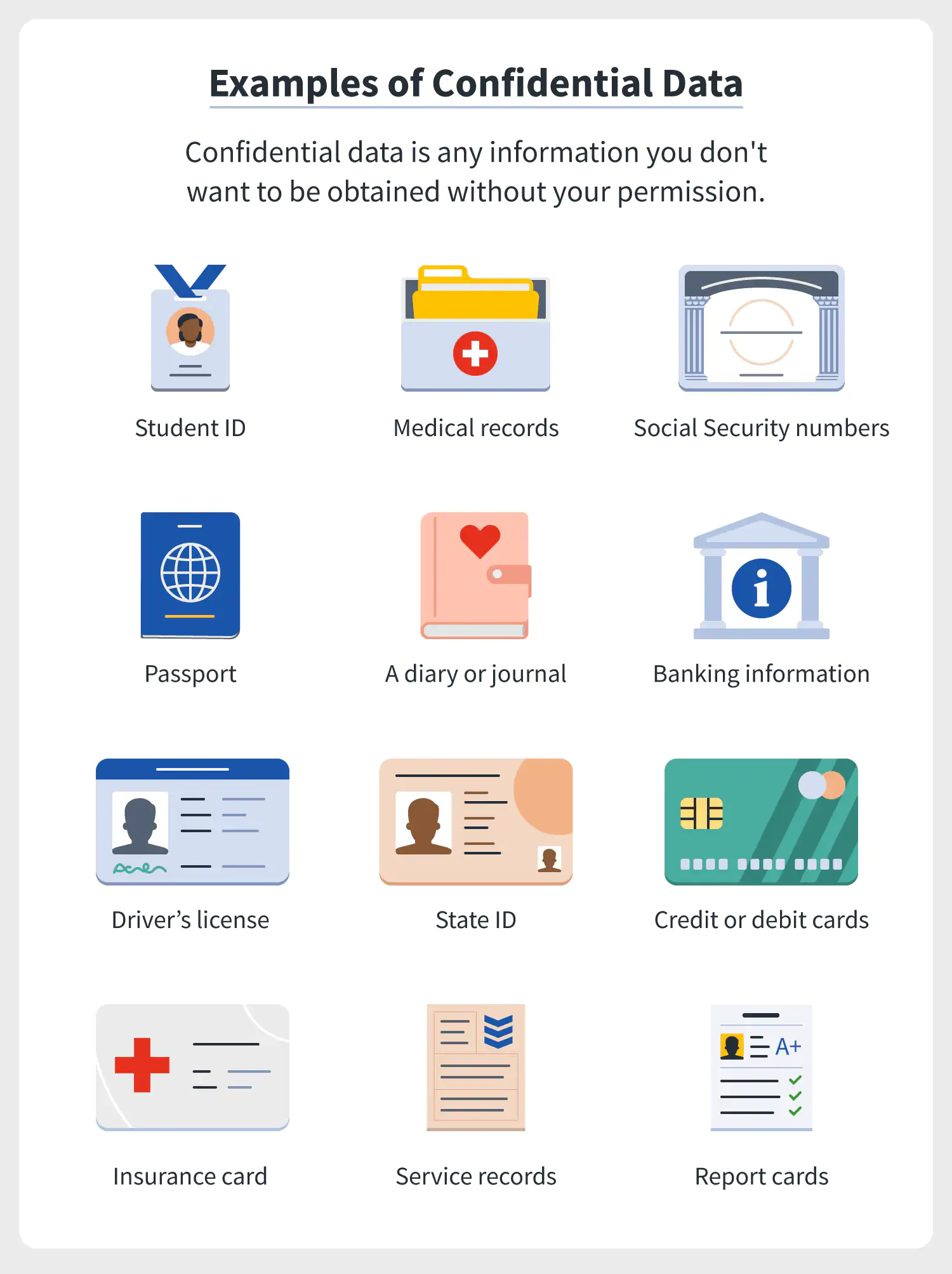In dynamic sectors such as economics, banking, and finance there are constantly new developments, such as new products or terms and concepts. Sometimes even financial experts find it hard to keep up with all the changes.
Yet, financial translators have no choice, but to keep abreast of these innovations in the industry. Thus, financial translations are a complex task that requires language proficiency, financial expertise, and years of professional experience.
But why would you need financial translations?
English has indeed established itself as the language of the business sphere. Still, many international companies with headquarters in different parts of the world where various languages are spoken cannot rely on English as a means of communication.
Instead, they rely on financial translators and interpreters to ensure that internal and external communication runs smoothly, and the information is distributed equally to all offices around the globe.
Indeed, that’s why financial translations are essential for every company that wants to go global or has already made a big move.
In this blog, we shall talk about the importance of financial translations and some best practices to keep in mind.
What are financial translations?
Financial translations deal with the translation work of any document related to finances, banking, and economics. This type of translation includes many different types of reports and documents.
Here are some examples of financial documents from key industries that may be translated:
- Investment: bonds, equities, prospectuses
- Larger corporations: balance sheets, Annual and shareholder reports
- Insurance: Financial reports, insurance policies, terms and conditions, regulatory documents
- Tax & Accounting: Invoices, income statements, tax reports, and clearance documents
- Real estate: Income statements, real estate listings, contracts
The financial sphere includes many industries. What’s more, there are regional differences that lead to further challenges, especially when it comes to translation.
For instance, complex payroll terms which are widely used and understood in one part of the world might have completely different meanings and interpretations elsewhere. The result is that both businesses and individuals need to take advantage of financial translations in order to avoid misunderstandings and to ensure regulatory compliance.
Why do financial translations matter?
In today’s world, many companies have gone global with offices in different locations and multinational staff. Most global companies have shareholders, investors, and lenders across the globe. Financial translations, in turn, are the best way to ensure efficient communication between staff, headquarters, stakeholders, etc.
However, financial translations have their challenges, such as complex and constantly developing jargon, various formats, special standards, and requirements. Thus, only financial experts and trained translators can provide high-quality language services.
Also read: Top Qualities of a Good Translation
The financial sphere includes many industries. What’s more, there are regional differences that lead to further challenges, especially when it comes to translation.
Let’s have a look at some challenges:
Local regulations: Similar to most types of translation services, the local culture, traditions, and laws play a significant role in the process. This means that the translator should be able to adapt the target text to the local language, regulations, and standards. There might be variations within the same language depending on the region.
For example, in UK financial statements, you will read “Creditors,” but in the US statements, the equivalent is “Accounts Payable.”
Delivery deadlines: Most financial documents are long texts that would require a lot of time to be translated. However, sometimes the deadlines might be very tight, which can be challenging for translators.
Accuracy: Financial documents usually contain a significant number of figures and other types of information. The job of a translator is to transfer them correctly to the target text without omitting or mixing them up.
Thankfully there are tools to make this easier, with the latest tech allowing paper documents to be digitized swiftly and accurately. A good example is a bank statement converter tool, which can carry out efficient digitization of tangible financial docs without sacrificing accuracy. This in turn improves the efficiency and productivity of professional financial translators.
Data security: A lot of the data in financial documents is confidential, and leaking the tiniest detail might have severe consequences for both the client and the translator. Confidentiality concerns income and tax reports, audit reports, bank account information, insurance documents, and other private documentation.
Overall, financial translations are quite tricky. However, there are some ways to avoid these challenges. Below you will find our best practices for financial translation.
Best practices for financial translations
Financial translation can be pretty challenging. So, here are our top 7 best practices for achieving the best financial translation.
Find an expert translator: While excellent proficiency in both working languages is a must for any good translator, for a financial translator this is not enough. A financial translator should be an expert in translation and finances.
Additionally, sometimes there might be some history behind a particular term or occurrence which cannot be understood from the context of the document. This often happens when working on documents from international companies or banks.
In such cases, translators should research to find the missing pieces of the puzzle. Professional translators know where and how to look for what they need. This is part of their job, and they are well-trained for that.
Of course, any top-notch financial translator is well-acquainted with the financial jargon and all international requirements.
Overall, when you are looking for a financial translator, make sure they have a thorough understanding of the financial services and documents.
Analyze the source text: Every good translator knows that before they begin with the translation work, they have to read through the text and analyze it, making sure that everything is clear.
Reading through complex text such as financial documents requires a lot of attention and skill. Professional translators should be able to spot any ambiguities in the texts and look for a solution by doing research or contacting the client to provide them with more information.
Analyzing the source text should be done at the very beginning of the translation work since, in this way, any mistakes or misunderstandings can be eliminated. From then on, the translators can work unimpeded to ensure error-free output on time.
Opt for translation + proofreading: Depending on the purpose of the translated documents, you might opt for proofreading. This service ensures high-quality end translation.
The way proofreading works is quite simple, yet effective. The target text is read and corrected, if necessary, by a second linguist who has not worked on the text before. Indeed, reading through an unfamiliar text for the first time requires greater attention and, thus, a linguist would be more likely to spot any errors or omissions in the translation.
Proofreading is recommended for any official documents that will be read by the public. This service ensures that all the information from the source text is correctly transferred to the target text.
Adhere to the local standards: Although English is the language of the financial realm, many companies prefer to translate their documentation into the local language for reasons such as better communication or, in some cases, local regulations, and laws.
Every international company has to adhere to the rules set by the target country. This means that every document should follow specific standards, which may vary from one country to another.
Translators should be aware of this. A professional translator should be able to not only translate a given document into the target language but should also adapt it to the requirements of the target country.
Also read: Top 10 Subtitling Companies : How To Choose The Right One
Professional translators should always adhere to the standards and formats of the target country, especially for addresses, phone numbers, larger numbers, and dates.
For instance, in New Zealand, Australia, the US, and Canada, they use the decimal point. However, in the Francophone parts of Canada, they use the comma.
Also read: What is a Translation Style Guide: Free Template + Examples
Pay close attention: As you can expect, besides terminology, financial documents deal with factual information, names, numbers, dates, addresses, terms, and conditions, etc. So, a translator should be very precise in their translation.
A good translator has to make sure that they have transferred all this vital information from the source to the target text without any omission or mistake.
Stay up to date with the new developments: Although we have mentioned the vital importance of being a subject-matter expert when it comes to financial translation, one should never stop learning and exploring.
The financial sector is one of the most rapidly developing spheres. As a result, it is constantly changing and innovating with new concepts and their corresponding terminology. So, a good translator would try to keep up with these innovations and the latest trends.
Sometimes new terms occur only in English and thus, there are no equivalents in other languages such as Russian or German. In such cases, translators have to come up with a new term or add additional explanations to the English term in the target language.
Additionally, new standards and requirements are constantly coming out. Thus, professional translators should keep track of all new accounting standards and company laws, both in the source and the target region.
Ideally, a translator should have an academic degree in economics, business, or finances, but this is not enough. To stay on top of the game, financial translators might do online courses on various topics, attend conferences, seminars, and workshops, or might go to training related to a specific translation project.
The financial sector is dynamic, so a good translator should be able to adapt fast and well while keeping track of the innovations.
Secure confidential information: In a financial translator’s job, it is very common to work with sensitive data, such as in-company statistics about a product or even personal data about some employees. Some information might harm the reputation of the client or create losses for the company.
Working with a professional agency with a solid reputation for confidentiality would be always willing to provide their clients with information about the security of their workflows or the data storage options they offer.
In fact, besides choosing an experienced professional translator with the right expertise, you should take into consideration the high data security policies of an LSP.
Also read: How to Recruit the Right Translator?
Translate your financial documents with high quality and accuracy
Milestone Localization can help you translate your financial documents accurately into 70+ languages with our professional translation services.
How to choose the right financial translator?
Opting for a translation agency would ensure that you will receive a high-quality end translation within your deadline. Translation agencies have specific requirements and standards for their translators.
Language service providers work with well-trained professional translators who have years of experience in translation and financial expertise.
What’s more, agencies actively invest in the training and skills of their translators. This is of great importance, especially for dynamic spheres such as finances.
Of course, a good LSP is also a reliable partner who can guide you along the way. Financial translation might be confusing, and you might not know where to begin. A reliable LSP would always offer you a hand and develop a plan for your project.
Financial translation usually requires a long-term partnership. Especially if you are an international company, you will need translation services more often than you probably think. This is why you should look for a reliable LSP with whom you can work long-term.
Also read: 7 Reasons to Work With a Translation Company on Your Next Project
In conclusion
Financial translation requires good language and research skills, knowledge of the financial sector and its international standards, as well as an eye for detail. Indeed, this is a weighty responsibility for most translators, so you should look for a professional translator in this field. A top-notch financial translator would be well-acquainted with the terminology and requirements of the financial sphere.
Translate your financial documents with high quality and accuracy
Milestone Localization can help you translate your financial documents accurately into 70+ languages with our professional translation services.









